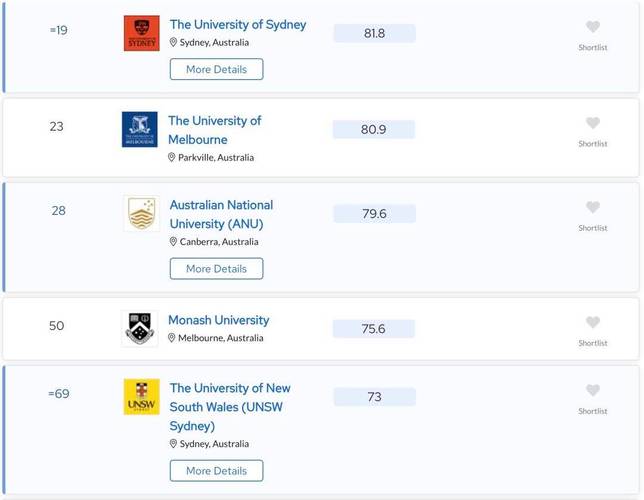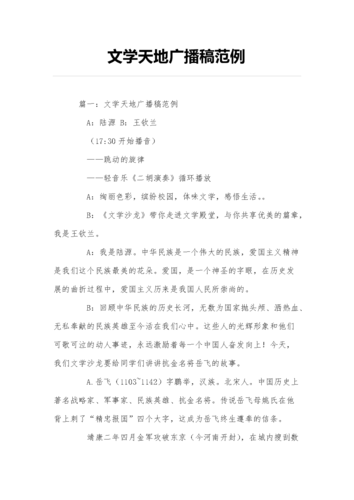美国大学英语文学专业排名
Exploring the Rankings of American English Literature Programs
When it comes to evaluating the quality and reputation of American English literature programs, several ranking systems provide valuable insights. Let's delve into some of the prominent ones and explore what factors they consider in their assessments.
1. U.S. News & World Report

[U.S. News & World Report](https://www.usnews.com/) annually ranks graduate programs in various fields, including English. Their methodology typically considers factors like peer assessment, faculty resources, research activity, and student selectivity. While their rankings are widely recognized, it's essential to delve deeper into specific program strengths rather than relying solely on overall rankings.
2. QS World University Rankings
The [QS World University Rankings](https://www.topuniversities.com/universityrankings/universitysubjectrankings/2021/englishlanguageliterature) also assess English language and literature programs globally. QS evaluates academic reputation, employer reputation, citations per paper, and Hindex citations. This provides an international perspective on the standing of American English literature programs compared to those worldwide.
3. The Princeton Review
The [Princeton Review](https://www.princetonreview.com/) offers rankings and reviews of colleges and universities across various categories, including English programs. Their rankings often take into account student feedback, faculty expertise, and program diversity. While less academically focused, they provide insights into the student experience and campus culture.
4. National Research Council (NRC)
The National Research Council's assessment of doctoral programs in the United States provides comprehensive data on faculty quality, research productivity, and student outcomes. While not exclusively focused on English literature, it offers a rigorous evaluation based on scholarly metrics.
5. Individual Program Websites
Many universities publish data on faculty publications, student achievements, and program strengths on their websites. While not formal rankings, this information offers valuable insights into the specific offerings and research opportunities available at each institution.
Considerations for Choosing a Program
When evaluating English literature programs, consider the following factors:
Faculty expertise and research interests: Look for programs with faculty whose research aligns with your interests.
Resources for students: Consider the library holdings, research centers, and funding opportunities available.
Program flexibility: Assess the curriculum to ensure it offers the breadth and depth you seek in your studies.
Alumni outcomes: Investigate where alumni of the program have gone on to work or continue their studies.
Campus culture and location: Visit campuses or attend virtual events to get a sense of the community and environment.
Conclusion
Rankings can provide a useful starting point for evaluating English literature programs, but they should be just one factor in your decisionmaking process. Ultimately, the best program for you will align with your academic interests, career goals, and personal preferences. Take the time to research and explore your options thoroughly before making a decision.











